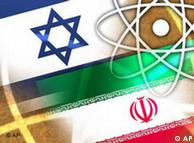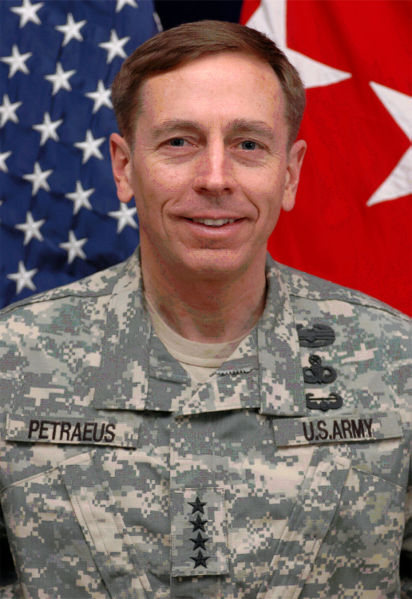
By landing his plane in New Delhi on what was to have been a routine refueling stop, Iran's President Mahmoud Ahmadinejad has provoked a diplomatic contretemps between India and the U.S. that reveals the fragility of their emerging alliance. New Delhi remains deeply wary over being seen to be doing Washington's bidding when it comes to dealing with other countries.
The furor began when New Delhi received a request for Ahmadinejad's plane to make refueling stop on a flight home from Sri Lanka. The Indian government, which has of late been remedying its prolonged neglect of the West Asian region, pounced on the opportunity to host the Iranian President. Turning the six-hour stopover into an official visit, the government hoped, would also smooth the ruffled feathers of its leftist coalition partners, who have accused the government of betraying old friends like Iran and pandering to the U.S. ever since India voted at the International Atomic Energy Agency in 2005 to refer Iran's nuclear program to the U.N. Security Council. Also, with negotiations over a $7 billion Iran-Pakistan-India gas pipeline stalling, India saw the visit as a chance to breathe life back into a project desperately needed by energy-starved India.But the announcement that Ahmedinejad would be feted in New Delhi didn't pass without comment from Washington. State Department spokesperson Tom Casey, in reply to a question, said: "We would hope that the Indian government... would call on [Ahmadinejad] to meet the requirements that the Security Council and the international community has placed on him in terms of suspending their uranium enrichment activities and complying with the other requirements regarding their nuclear programme." That statement piqued India's Ministry of External Affairs, which responded: "India and Iran are ancient civilizations whose relations span centuries. Both nations are perfectly capable of managing all aspects of their relationship with the appropriate degree of care and attention." In a sharper tone, the statement added: "Neither country needs any guidance on the future conduct of bilateral relations as both countries believe that engagement and dialogue alone lead to peace." Washington quickly moved to defuse the tension, with Assistant Secretary of State for South Asia Richard Boucher saying the issue had been blown out of proportion: "It's up to every country to determine for itself how it's going to organize its bilateral relations."













